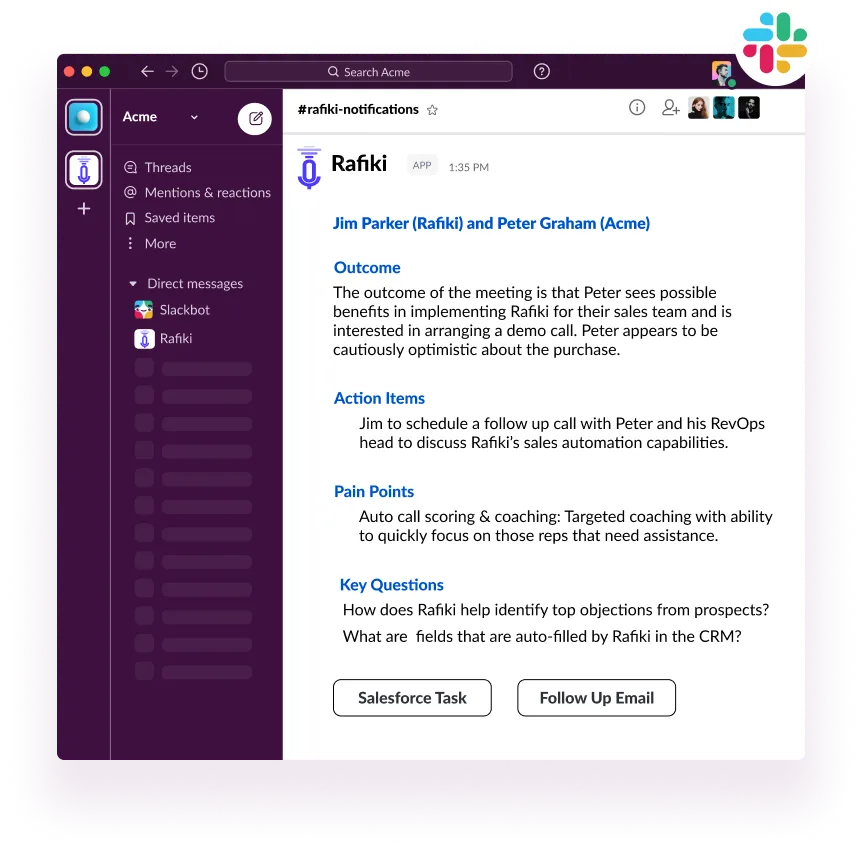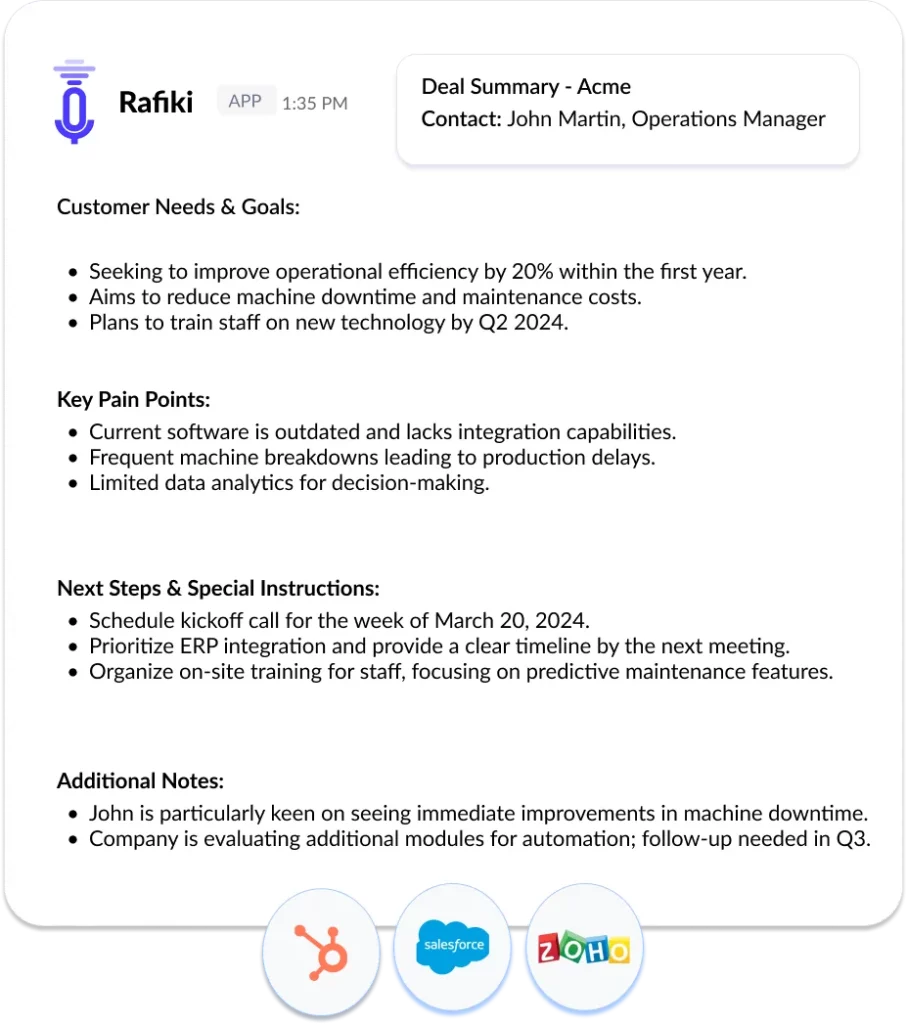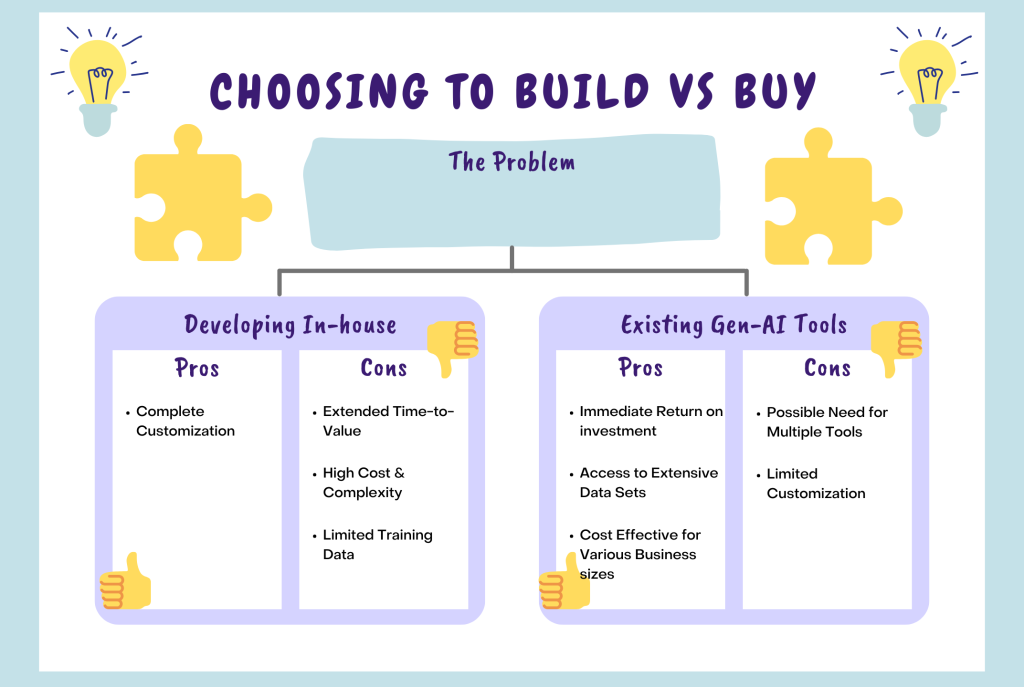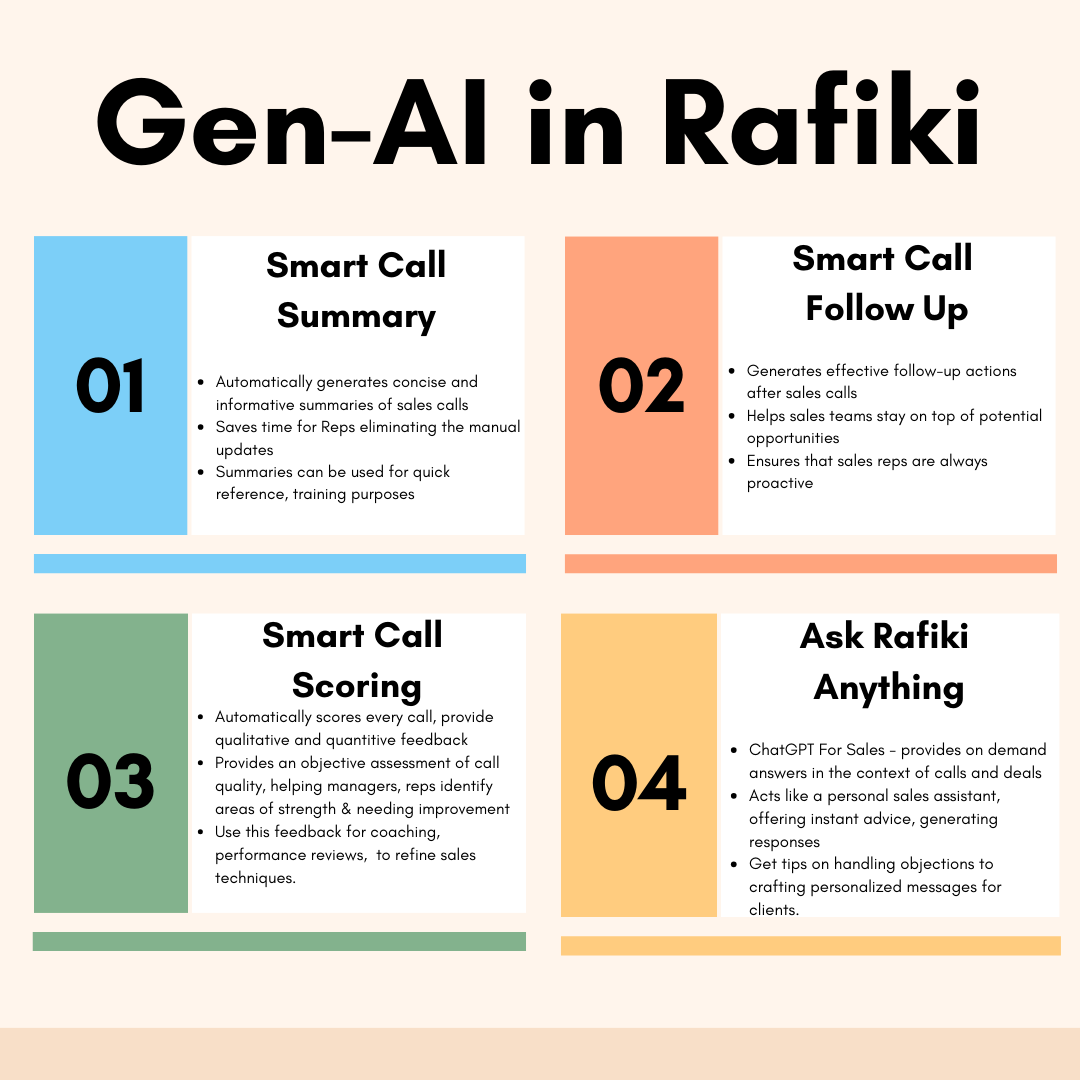Decoding the Perfect Sales Call Summary
Hitting the snooze button on your post sales call summary?
You’re not alone. But listen up, sales warriors! Those scribbled notes hold the key to unlocking deals and boosting your pipeline.
Sifting through the maze of notes scribbled in the heat of discussion feels more like unraveling a mystery than routine follow-up. Yet, it’s within these critical summaries that the true gems of sales insight lie hidden. Crafting the perfect sales call summary transcends mere record-keeping; it’s about capturing the essence and potential of every interaction.
Welcome to the nuanced craft of sales call summarization. 💡
In the recent years, AI-powered solutions have dramatically altered the landscape, reshaping how sales teams handle their calls and subsequent actions. Thanks to AI, the days of depending on memory or deciphering unreadable notes for important call details are gone. These smart technologies now shoulder the burden, freeing you up to concentrate on the crucial task at hand: securing more sales. 🚀
Essentials for an Effective Sales Call Summary
An adept sales call synopsis transcends mere documentation of dialogue—it arms you with actionable intelligence and a strategic roadmap. To harness its full potential, your summaries should encapsulate these pivotal elements:
Call Outcome
Kickstart your summary with a succinct overview of the call’s result. Was the interaction promising, or did it unveil reservations? Discerning the prospect’s inclination—be it towards a tentative yes or a need for more convincing—guides your subsequent engagement approach. This segment offers more than a recap; it’s your navigational beacon.
Leadership and marketing personnel not on the call get a quick deal status update. It also provides a quick glimpse into the deal’s status and the forthcoming actions required.
Defined Next Steps/Action Items
Sales discussions often culminate with clear next steps. Be it setting up a follow-up call, dispatching further details, or coordinating a demo, these commitments drive the sales journey. Recording these in your summary ensures critical tasks aren’t overlooked and maintains the prospect’s momentum through the sales pipeline.
Relational Touchpoints
Cultivating a rapport with prospects is pivotal. Weave in the lighter, relational exchanges from your call into the summary. Recalling personal anecdotes or interests shared by your prospect, such as a hobby or a memorable trip, can can deepen trust. Such details enhance the bond in subsequent interactions.
Understanding Prospect Needs
Your summary should illuminate the prospect’s challenges and key interests. This insight empowers you to fine-tune your presentation, illustrating how your solution directly addresses their unique hurdles. Embedding this intelligence in your summary lays a robust groundwork for devising follow-up communications that are both customized and convincing.
Incorporating these foundational elements crafts a sales call synopsis that’s not only comprehensive but sharply focused on the pivotal facets of the dialogue. You may augment this with details relevant to the deal phase or your sales strategy. Specific situational needs might also require extra information. Nonetheless, these core components keep your summary focused and impactful.
Tailoring Sales Call Summaries to Meet Diverse Needs
Adopting a universal template for call summaries might not serve the varied requirements of your team. It’s essential to customize these summaries to address the specific needs of different stakeholders within your organization. Here’s how you can fine-tune summaries for various team members:
Sales Reps
Summaries for sales reps should highlight actionable insights, forthcoming steps, and any concerns voiced by prospects. These details are vital for steering their subsequent efforts and keeping them aligned with their objectives. Also, integrating elements of personal engagement and previous conversations can assist reps in forging stronger connections in later discussions.
Sales Management
For sales leadership, the focus of summaries should be on the outcome of the call and broader sales trends. This enables them to swiftly gauge the state of the sales pipeline, pinpoint coaching opportunities or areas needing enhancement, and distribute resources more judiciously.
Customer Success
Summaries intended for customer success teams ought to capture the customer’s current aspirations and sought-after results, pinpoint any stumbling blocks to their success, and enumerate clear action points and responsibilities, along with deadlines. This ensures a structured approach to meeting customer expectations and advancing their journey.
By customizing call summaries to cater to the distinct demands of each group, you amplify the utility of these insights for your team.
Certain AI-driven solutions, such as Rafiki, might already offer summaries that cater to diverse team roles, while others may allow you to create bespoke summary formats for varied internal audiences.
Personalizing Sales Call Summary Tools
In the varied landscape of sales, a universal approach often falls short. Customizing your sales call summaries to meet the distinct requirements of your team is key to enhancing your sales strategy. Here’s how you can adapt your summaries for maximum relevance and efficiency:
Tailored Fields
A robust sales call summary tool should empower your team to incorporate tailor-made fields into their summaries. This might encompass sector-specific jargon, distinctive features of your offerings, or any other pertinent data unique to your business.
Strategically Designed Templates
Craft specific templates for different phases of the sales journey or to suit various team roles. This method not only streamlines the process but also guarantees uniformity in data capture and presentation. Each template can be structured to highlight essential details, whether it’s an initial engagement or a deal-closure discussion.
Seamless Tool Integration
Enhance efficiency by syncing your call summaries with your CRM and other sales tools. Envision automatic updates of call insights into your CRM and instant sharing on communication platforms like Slack. This ensures that the entire team is informed and prepared to act on fresh insights.

Adapting your sales call summaries with these customization features ensures that they serve your team’s needs effectively, turning them into a pivotal resource in your sales arsenal.
The Impact of Generative AI on Sales Call Summaries
Generative AI has significantly altered the landscape of sales call documentation, enabling unprecedented efficiency and accuracy in summary creation. Platforms like Rafiki leverage this advanced AI technology to dissect and distill the essence of sales conversations, providing comprehensive summaries that serve as a solid foundation for strategic decision-making.
Rafiki’s use of generative AI ensures that summaries are not only accurate and well-structured but also sensitive to the subtleties of sales discussions, seamlessly integrating with essential tools like Slack and CRM systems.

Rafiki’s Deal Summaries offer a thorough perspective on the entire sales journey, extending even post-sale, ensuring that customer success and account management teams have all necessary information consolidated for optimal customer engagement and experience.
The advantages of employing generative AI for call summarization are manifold:
- Rapid Turnaround: Generative AI processes call information swiftly, granting teams immediate access to crucial insights.
- Uniform Precision: This AI technology guarantees a uniform level of detail and accuracy in every summary, significantly reducing the likelihood of human oversight or partiality.
- Effortless Scaling: As your sales operation grows, generative AI scales effortlessly, managing an ever-increasing volume of calls without compromising summary quality.
Embracing generative AI for sales call summaries empowers your team to dedicate more time to what truly matters—driving sales and achieving business goals.
Conclusion
An expertly composed sales call summary is more than just a record; it’s a cornerstone for sales success and seamless customer transitions. By mastering the crucial elements of a compelling summary, customizing it for different team members, and matching it to the sales process phases, you elevate this key resource’s effectiveness. Integrating customizable features and AI innovations, like Rafiki, further streamlines the summarization, making it a more potent tool for your team.
Moreover, a detailed deal summary ensures a smoother handoff to Customer Success teams, providing them with a deep understanding of customer needs and expectations established during the sales process. This alignment fosters better customer relationships and supports successful onboarding and long-term satisfaction.
Armed with these insights, it’s time to implement these best practices in your sales strategy and enjoy enhanced selling and customer success handoffs. Here’s to elevating your sales and customer success collaboration—happy selling and successful customer journeys!

